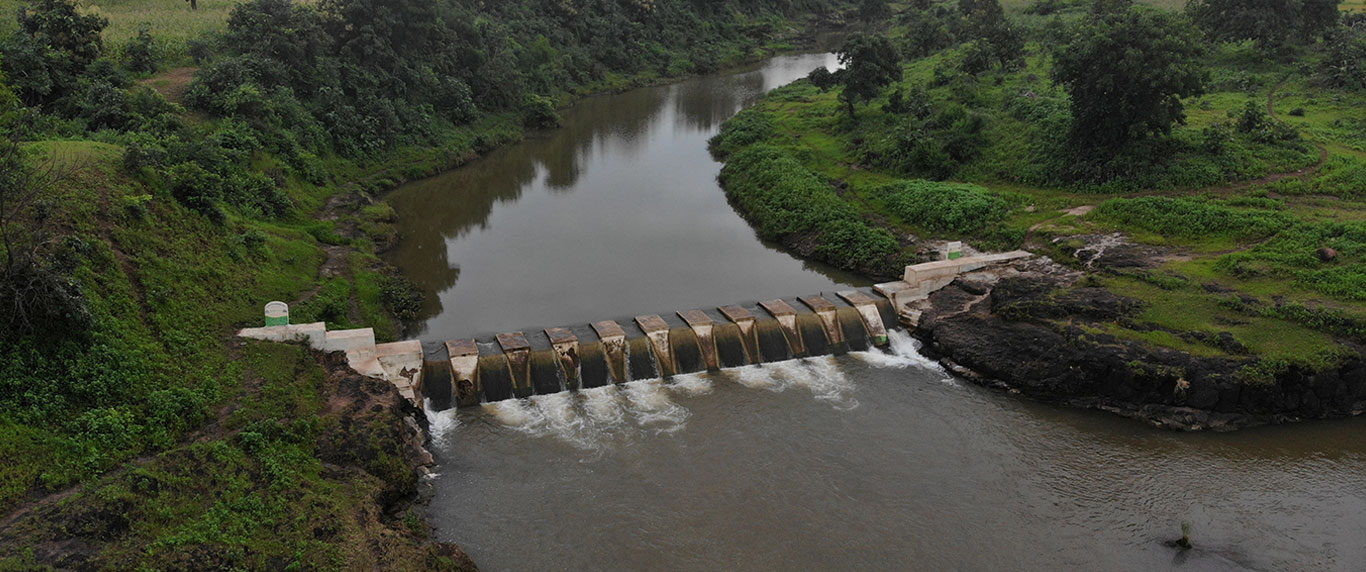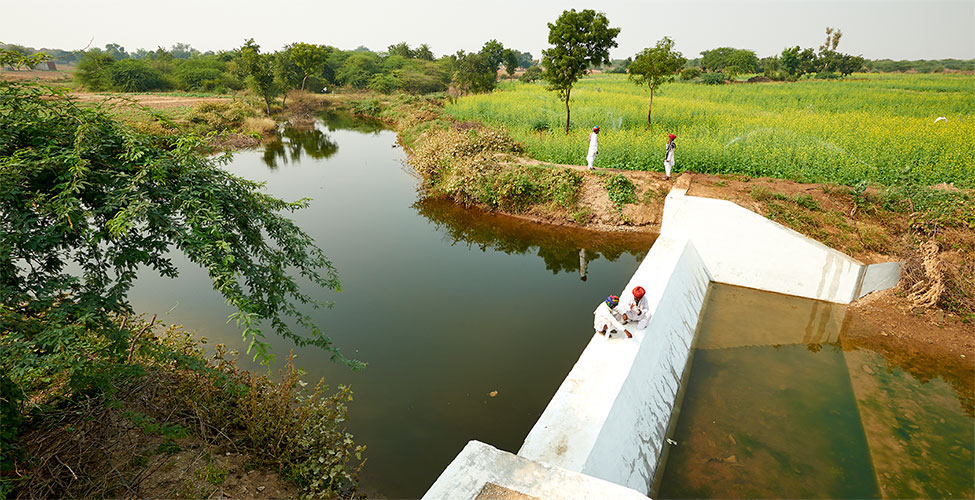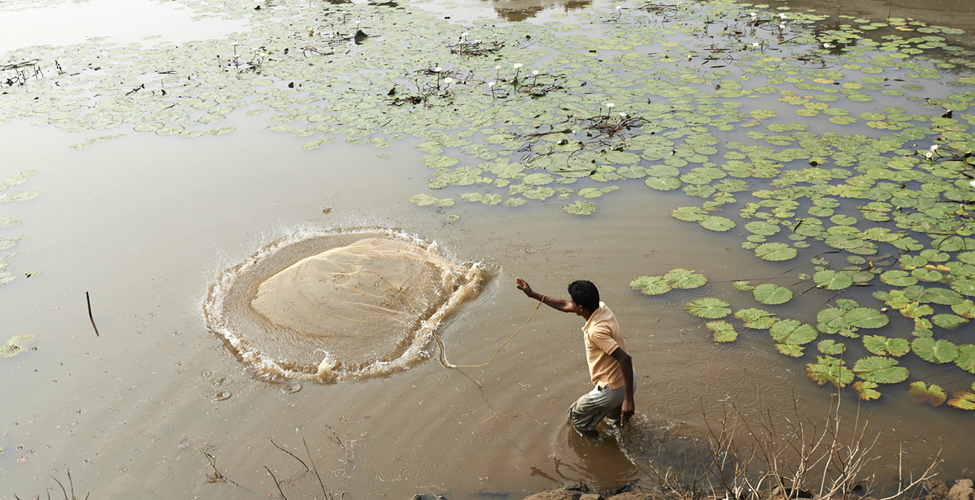
Water is a precious natural resource. It is fundamental for agriculture, energy, ecosystems, and indeed human survival. Water plays a central role in adaptation to climate change, linking societies and the environment.
With climate patterns shifting, populations rising and cities expanding, India's vulnerability to water scarcity is becoming increasingly severe. Given that half of the country is facing water stress, there is a pressing need for collective efforts to implement effective water management practices.
At ITC, we recognise the critical importance of water as a lifeline for growth and progress. ITC's businesses are largely dependent on agriculture and forestry for key raw materials, where water is a critical resource. We recognise that replenishing water resources is crucial, more so in stressed areas, and vital for sustenance of agriculture that drives the rural economy and impacts lives and livelihood. In addition, there is also dependence on water for our operations. We have therefore spearheaded a multi-dimensional water stewardship programme, that focuses on a three-fold approach.
To guide our efforts, we have adopted a multidimensional approach for conducting water risk assessments and prioritising our actions effectively.


For decades, ITC has spearheaded a watershed development programme, a community-based initiative that augments water supply at the sub-catchment level. Based on recommendations of our hydro-geological studies focused on harvesting rainwater, we have initiated interventions including:

Community participation is at the heart of our Integrated Watershed Development Programme. We have established Water User Groups (WUGs) as grassroots institutions, bringing communities together to manage their local water resources collaboratively through public-private-people partnerships.
We support small and marginal farmers in forming these groups, providing them with the tools and knowledge needed to take ownership of water management. These WUGs mobilise community action, ensuring sustainable use of local water resources. Through hands-on training and capacity-building, ITC helps farmers make informed decisions, securing water for agriculture.
Structures constructed and revived include farm ponds, rock-filled and gabion dams, irrigation and percolation tanks, check-dams and stop dams.
We are also committed to blending the wisdom of tradition with the innovation of modernity. Significant efforts have been undertaken to revive and restore indigenous water conservation systems, ensuring that age-old practices are harmoniously integrated with contemporary approaches for sustainable water management.
With water available for irrigation and improved soil fertility, farmers are less dependent on rainfall and can grow more than one crop a year, of better quantity and quality - thus, significantly improving their income and quality of life.
A key part of ITC's water stewardship approach involves adopting sustainable practices within our operations as much as possible. All our units implement action plans to work towards maximising rainwater harvesting through use of technology and advanced processes, audits and international benchmarking. Within our operations, ITC's efforts include constructing recharge pits, collection tanks, filtration units for reducing dependence on fresh/ground water.